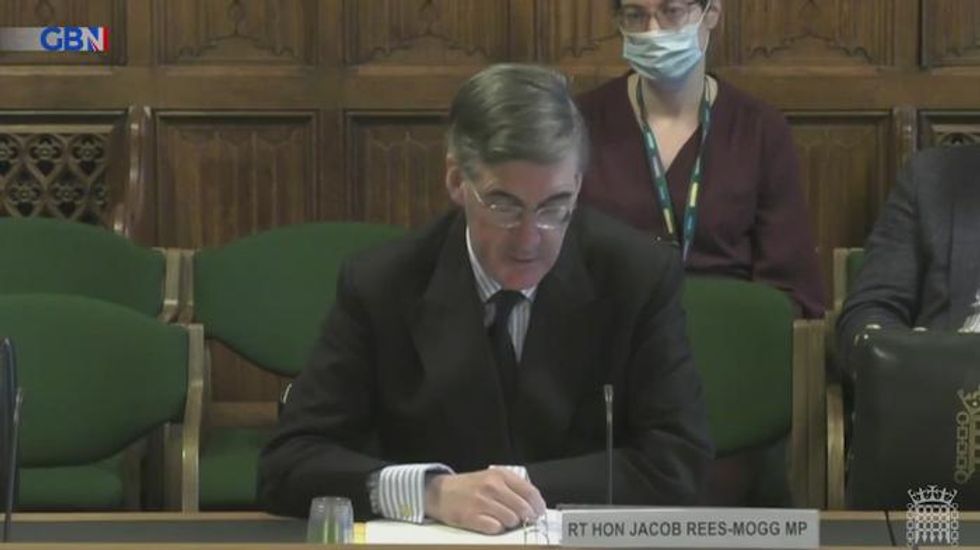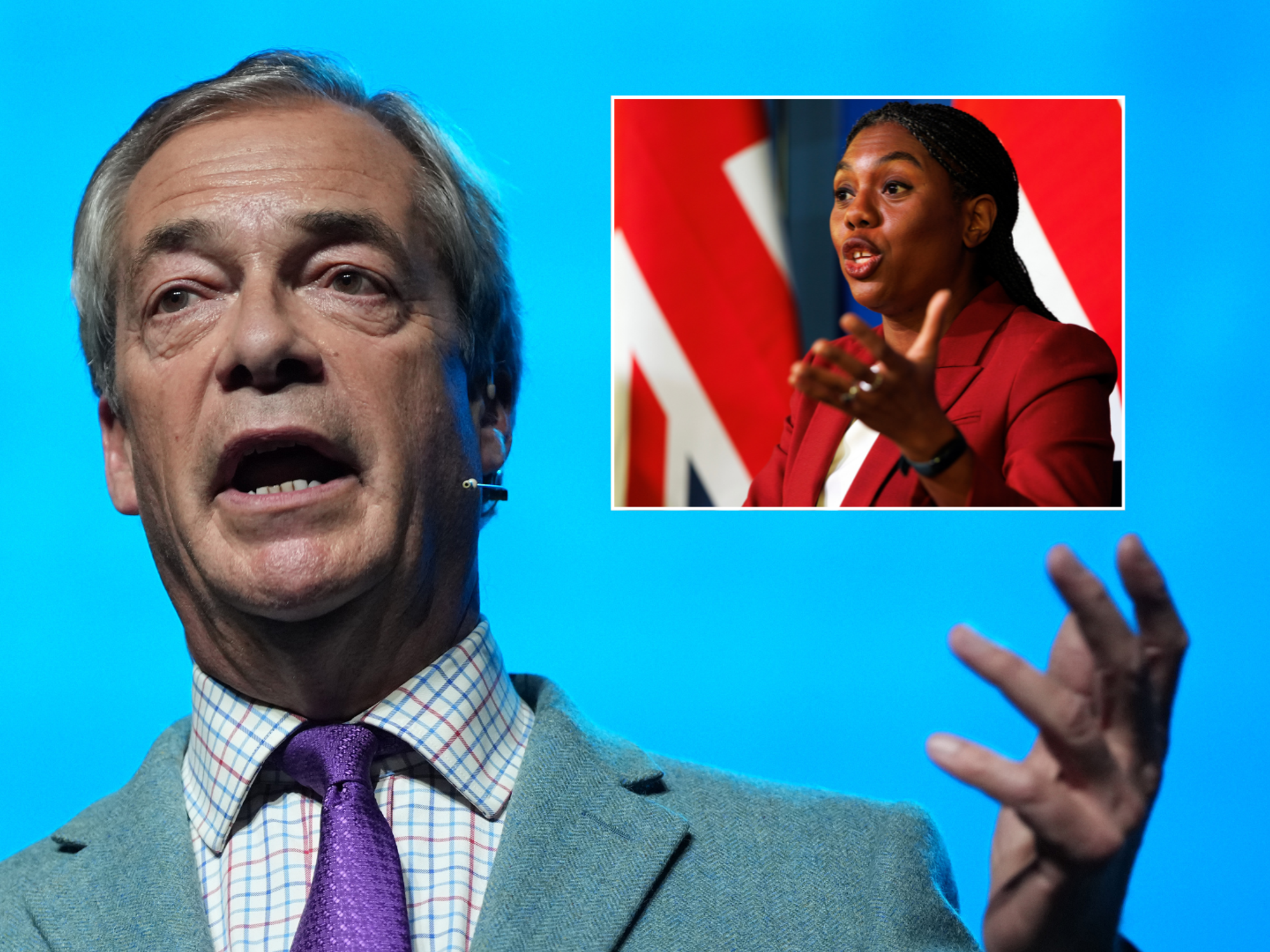Jacob Rees-Mogg says Parliament has never given up power to imprison people
The Leader of the House said that while he did not advocate its use, Parliament had never formally abandoned the power
Don't Miss
Most Read
Latest
Parliament could still have the power to imprison witnesses who refuse to appear in front of MPs, according to Jacob Rees-Mogg, as he said the “untested nature” of powers last used more than 140 years ago may compel people to give evidence.
The Leader of the House said that while he did not advocate its use, Parliament had never formally abandoned the power which could be used to imprison those who do not attend select committee sessions when told to.
But he said he would not be against issuing fines for those who do not appear to give evidence, and the power to imprison could be an incentive to show up “because people aren’t entirely sure whether it would be effective or not”.
The Commons Privileges Committee was hearing from Mr Rees-Mogg as part of its discussion into powers to summon witnesses and call for documents after high-profile cases where witnesses refused to attend hearings to examine specific issues.
These had included in the past – either temporarily or permanently – Rupert Murdoch, Mike Ashley and Sir Philip Green.
A report released in April recommended new legislation be introduced to confirm historic powers to compel witnesses to attend or be held in contempt of Parliament.
Mr Rees-Mogg said the power to detain those who refuse to attend “had not been abandoned by Parliament”, although he said they had fallen into “desuetude”.
He told the committee that “Parliament has never formally given up its ability to imprison during the session of Parliament”.
But he said: “I think the reality of our powers is that we don’t know whether they are there or not until they are used and then you might find that they are upheld by the courts or you might find that they are not and this is an argument where learned lawyers disagree.”
The last time someone was fined by Parliament was in 1666 when Thomas White was told to pay £1,000, roughly £200,000 today, after he absconded.
Mr White had been ordered into the custody of Parliament’s Serjeant at Arms for causing MP for Horsham Henry Chowne to be arrested and prevented from attending Parliament.
The power to imprison was last used in 1880 with the committal of a member, Charles Bradlaugh, and the imprisonment of a non-member Charles Grissell in the same year.
But the committee’s report said it was “generally considered that the House of Commons does not nowadays have the power to fine non-members” and previous reports have said “the House no longer retains its right to imprison”.
Committee chairman and Labour MP Chris Bryant said he was sure lawyers would disagree with Mr Rees-Mogg’s view.
He said: “So you are saying that you think that if the House were to come to you as Leader of the House, you would table a motion which would say we are now going to imprison such and such for refusing to attend?”
Mr Rees-Mogg said he could not predict whether the motion would pass and that the discussion was “theoretical” but added: “The power has not been formally abandoned by Parliament.”
Asked whether he thought it would be “morally OK” for Parliament to imprison somebody, he said: “I am not saying with any degree of confidence that I don’t think this power if used would be challenged. Is it an effective power? I don’t know. But has it been formally abandoned by Parliament? No.”
Mr Rees-Mogg said it was an “important part” of the committee’s report to consider whether to test the historic powers before creating new legislation.
He added: “You may think that the untested nature of it, actually in and of itself, provides an incentive to attend because people aren’t entirely sure whether it would be effective or not.”
However, Mr Bryant said he was “still in a bit of shock about your belief that we still… that Parliament has the power to arrest and imprison because I think that that certainly went with the Human Rights Act and arguably went with the European Convention on Human Rights”.
The Leader of the House responded: “I’m not advocating arrest, I think imprisonment for non-attendance would be an extreme procedure.”
But he added that instead of creating legislation and inviting the courts to become involved in parliamentary affairs, he said: “I think…it is not unreasonable for the House to fine people for failing to attend.”
And he said: “I think the high court of Parliament should exercise its powers as (a) general principle and we are a sovereign parliament. We are higher than any court in the land. We shouldn’t be mealy-mouthed about being a parliament.”
Mr Rees-Mogg said: “I may be less committed to the niceties of human rights law, I think the supreme sovereign parliament, the democratic mandate, is the greatest protection of human rights in this country.”
Mr Bryant replied: “Wow. That is pretty extraordinary.”











